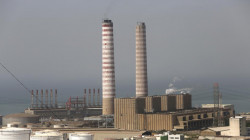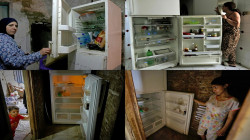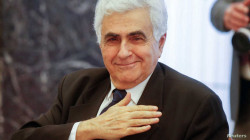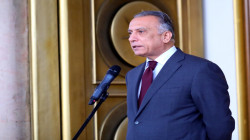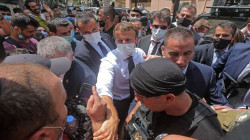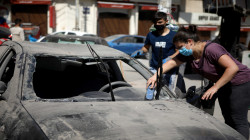Lebanon: Army Commander’s chances rise ahead of presidential election session
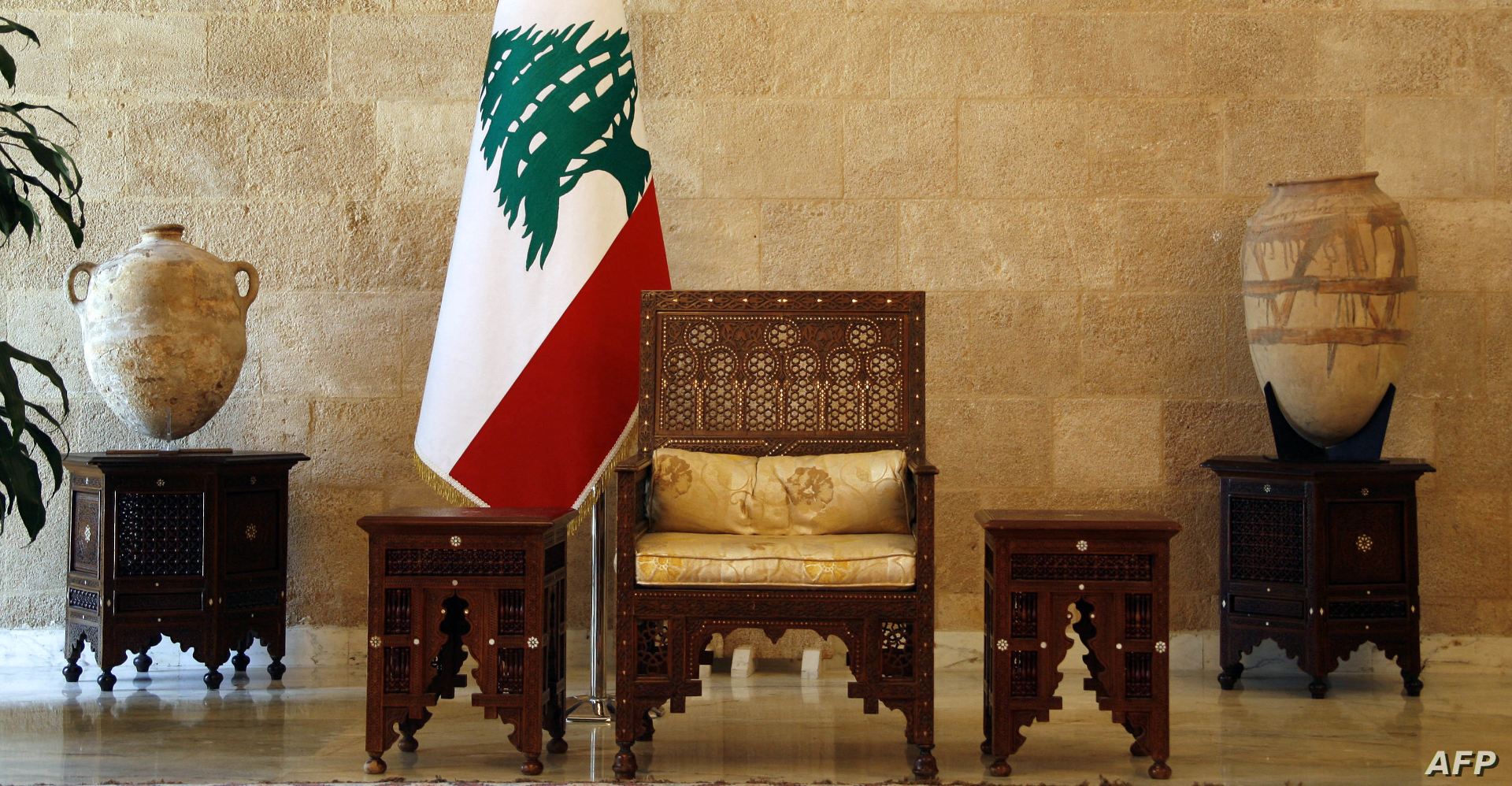
Shafaq News / Amid political uncertainty and anticipation, Lebanese Prime Minister Najib Mikati expressed optimism on Wednesday that the Lebanese Parliament will elect a new president during a session scheduled for Thursday, ending more than two years of presidential vacancy. Political and media sources have indicated a growing momentum toward selecting Army Commander Joseph Aoun as a consensus candidate for the presidency.
Annahar Lebanese newspaper reported that the “Development and Liberation Bloc”, headed by Parliament Speaker Nabih Berri, will vote for Aoun, bolstering his chances of reaching the presidential palace. According to Sky News Arabia, sources suggested that a final decision on the consensus candidate could be made by the end of Wednesday.
Suleiman Frangieh, head of the “Marada” party, announced via X his withdrawal from the presidential race and supporting Army Commander Joseph Aoun, stating that Aoun possesses the qualifications to preserve the value of the presidency. Frangieh's candidacy had been supported by Hezbollah and the Amal Movement since the presidential vacuum began.
Several parliamentary blocs have voiced their support for Aoun’s candidacy, although opposition parliament members have linked their support to securing broad parliamentary consensus.
Earlier, Berri had indicated that electing Aoun would require a constitutional amendment, as he is a public official and thus cannot run for the presidency before two years of leaving office.
Speaking at the launch of the "National Strategy for Integrated Solid Waste Management" at the government headquarters in Beirut, Mikati said, "For the first time, since the vacancy of the presidency, I feel glad because, God willing, we will have a new president tomorrow."
On November 28, 2024, Berri set January 9, 2025, at 11:00 AM for a parliamentary session to elect a new president.
Hopes are high for the session to end the ongoing presidential vacuum, which began after the term of former President Michel Aoun ended on October 31, 2022.
Since Aoun's departure, the Parliament has failed to elect a president over 13 sessions spread across two years, the latest of which was held on June 14, 2023, resulting in Lebanon's sixth presidential vacancy in its history.
Among the leading presidential contenders are Army Commander Joseph Aoun, Lebanese Forces Party leader Samir Geagea, and Head of the Marada party, Suleiman Frangieh, who recently withdrew his candidacy. Other names circulating include acting General Director of General Security, Elias Baisari, MPs Neemat Afram and Ibrahim Kanaan, and former ministers Jihad Azour, Ziad Baroud, and Jean-Louis Qerdahi.
According to Lebanon's established political tradition, the president must be a Christian from the Maronite sect, the prime minister must be a Sunni Muslim, and the speaker of parliament must be a Shiite Muslim.
The presidential term lasts for six years, and a president can only be re-elected after a six-year gap.
The president in Lebanon is seen as a symbol of national unity and the protector of the constitution. The president plays a role in signing laws and appointing the prime minister in consultation with Parliament.
Who is Joseph Aoun?
Born on January 10, 1964, in the town of Sin Al-Fil in the Matn district, Joseph Aoun is the current commander of the Lebanese Army. He assumed the position on March 8, 2017, succeeding General Jean Qahwaji.
Aoun is one of Lebanon's prominent military figures and has increasingly become a leading candidate for the presidency, especially after the vacancy left by President Michel Aoun's departure from office.
He holds two degrees in political science and military sciences, which have enhanced his leadership abilities in the fields of politics and security.
In addition to his proficiency in Arabic, Aoun speaks French and English, which has facilitated his participation in numerous international training programs that enriched his military experience.
Military Career
Joseph Aoun began his career in the Lebanese Army in 1983 as a volunteer and quickly advanced through the ranks. He graduated from the Officers' Training Course in 1986 and participated in several specialized courses, including a diving course in 1987 and a military officer course in 1996.
He also attended multiple command and staff training courses, as well as specialized workshops on intelligence and counterterrorism.
In 2013, he was promoted to the rank of Brigadier General and continued his rise through the military ranks until reaching the rank of Major General in 2017, coinciding with his appointment as the Army Commander.
He led the Army during one of Lebanon’s most sensitive periods, marked by significant security and political challenges.
International Experience
Joseph Aoun has extensive international experience, having participated in several training courses in the United States, including infantry courses in 1988 and 1995, and an international counterterrorism program between 2008 and 2009. He also participated in a commando course in Syria in 1996 and a battalion commander course in Syria between 2002 and 2003.
